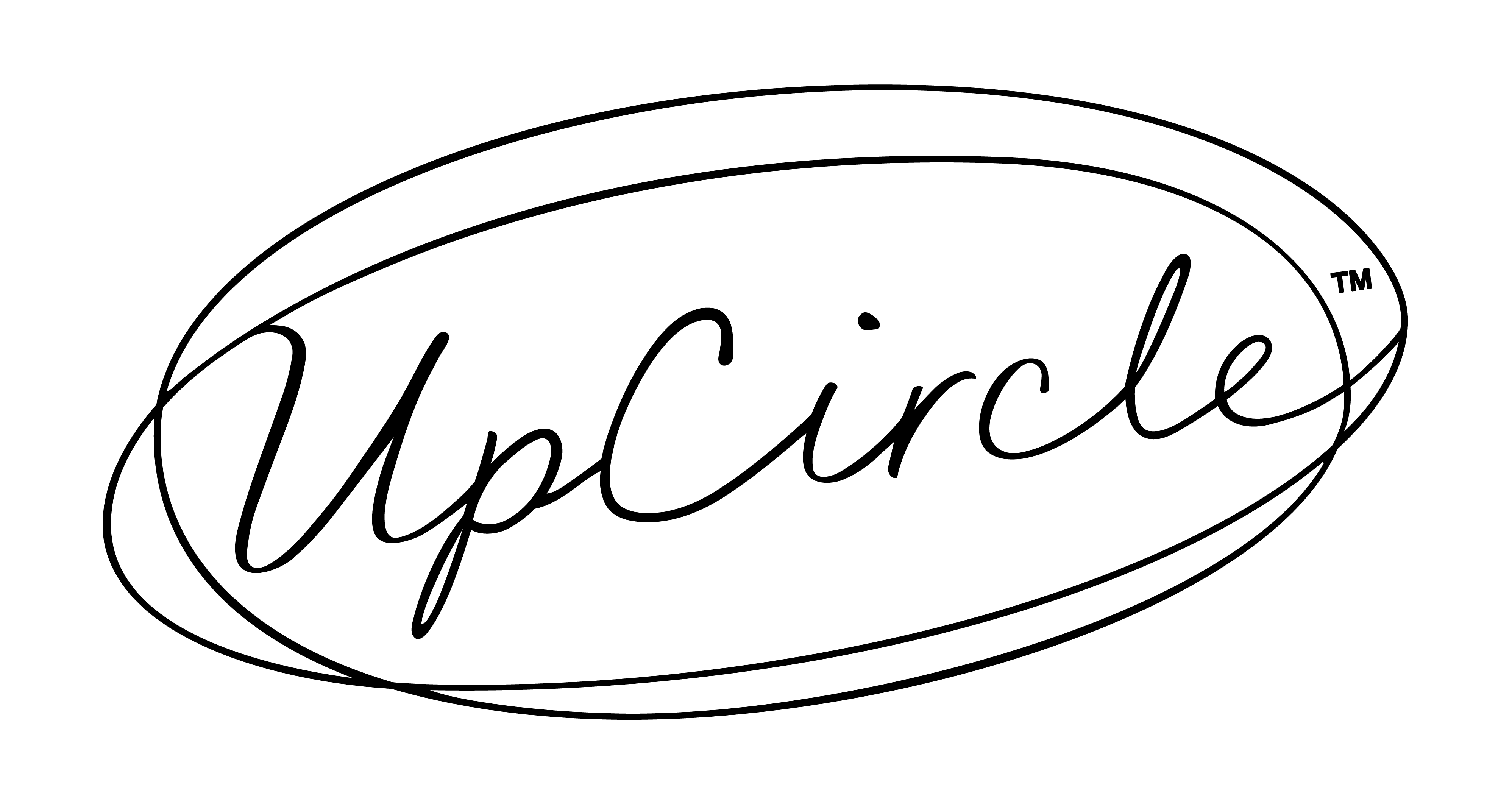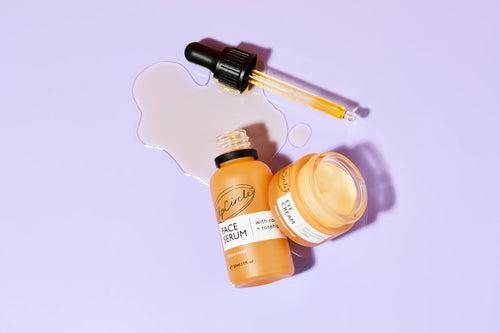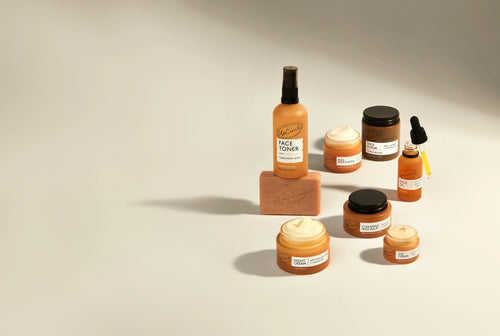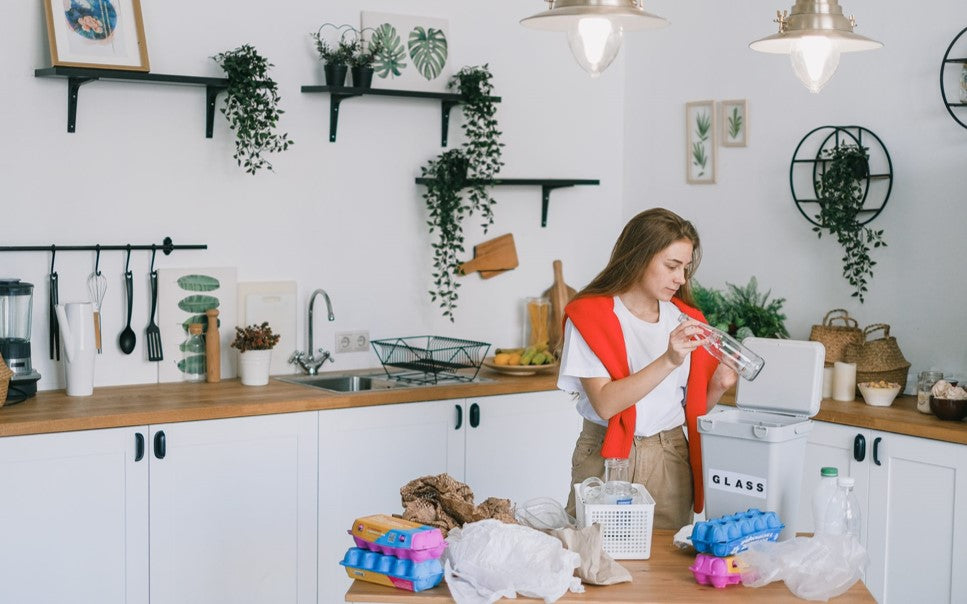Whether it’s a slice of expired birthday cake sadly sliding into a bin or a disheveled crisp packet blowing across the street, one thing’s for sure: no-one likes to see waste. Unfortunately it’s becoming a larger and larger concern everyday, with landfill sites beginning to resemble mountain ranges, islands of plastic forming in the ocean, and lonely cake boxes left singing solemnly to themselves.
Keep that chin up though, there are plenty of ways in which everyone can minimize the amount of waste they produce. So delve into our handy guide on how to reduce waste and be more sustainable at home.
Reduce plastic waste with refillable bottles
One of the biggest single sources of plastic waste comes from single-use bottles. They create a staggering amount of waste. But all is not lost. Reusing a bottle or buying yourself a rather fetching refillable one can reduce the number of wasted bottles down to a sweet zero. They also bring the additional benefit of being a constant physical reminder to drink water, which will benefit your skin and general health.
Get your caffeine fix the right way
Some people simply can’t function without an espresso (or two) in the morning. Now we’re not saying you should go without your daily caffeine fix, but much like the example above, you might want to ask yourself if a reusable container might be a better bet. These keep your coffee warmer, and help you look more put together on the bus. Plus, most coffee houses will even give you a discount if they don’t have to use their paper cups. Did you know that our UpCircle fliers and gift cards are printed on paper made from recycled coffee cups? Nifty!
Make a meal plan
Nothing says “I’ve got my life in order” more than preparing a meal plan in advance. This little step means that you can work out how to use ingredients without wasting them, saving both time and the contents of your wallet. If that sounds like an exceptional pain in the backside there’s no need to worry; this handy guide simplifies it down to a T.
Make do and mend
Whenever a member of the UpCircle team snags a cardigan or rips a shirt sleeve (doing bicep curls probably) we prefer to follow the example set by the ‘make do and mend’ generation. There’s no point throwing away an otherwise perfectly good garment when it can be easily fixed. You can find a wealth of helpful information on sites like Wikihow, or there are plenty of workshops that teach you these valuable money-saving and waste-reducing skills.
Buy less
It may be the least popular option on the list, but it’s a trend we are increasingly seeing. For example, we’re seeing a clear shift away from wasteful fast fashion to more sustainable slow fashion. Always think twice before you make an impulse purchase, and shop from sustainable brands where possible. This way you can help the environment and keep your home free from clutter at the same time.
We’re helping you buy less with our return, refill, reuse scheme, where you can return your empty product pots to us for refilling (UK only right now). As a result, you’re still getting your regular skincare fix without the need for excess packaging – all while saving yourself 20% of the price.
Ditch the disposable razor
Disposable razors have increased in popularity in recent years, but they are a nightmare in terms of waste and sustainability. Really, anything with the word ‘disposable’ in its name is not likely to be a planet-friendly item. A great alternative is the Plastic-Free Safety Razor.
Perfect for a superior shave with less irritation than a standard razor, you’ll even save around £163 per year versus disposable razors. That’s an almighty saving! Plus, with the UpCircle razor, you can return your blades to us to be recycled.
Cancel your junk mail
A simple suggestion that saves postage, paper and your own time on earth. Cancelling your junk mail sounds straightforward but it’s something many people don’t know how to do. As a rule of thumb 95% of mail can be stopped by writing to the following address (UK only, sorry):
Freepost RRBT-ZBXB-TTTS
Door to Door Opt Outs
Royal Mail
Kingsmead House
Oxpens Road
OXFORD
OX1 1RX
To deter roaming hordes of pizza leaflet distributors, simply place a note or sticker by your letterbox politely asking for no junk-mail please. If certain leaflets still make their way into your landing you can always message the company directly and ask them to take you off their mailing list, at which point they are legally obligated to do so. Finally, you can always send junk back to the sender in a fight fire with fire approach. They’ll probably stop very very quickly.
Start composting
Why not reduce waste and reconnect with the wonderful array of nature that surrounds you? Luckily all you need to do is pick up a compost bin, chuck some leftovers in it and wait. Before long you’ll have a healthy supply of soil perfect for growing your own fruit, veg or field of Venus fly traps. These bins can be bought for under thirty pounds at virtually all garden centres, meaning that they can quickly pay for themselves through the bountiful goods produced.
Totes stop using plastic bags
Ever since the UK government introduced a 5p levy on plastic carrier bags, their use has dropped by a whopping 85%. It’s a clear demonstration of just how unnecessary they were in the first place. However, 15% of a very large number is still a very large number and every bag kept out of the ocean is a bag kept out of the stomachs of turtles and other gentle beings.
It’s easy to forget your reusable bags – we’ve all been there. So try keeping a few spare bags in the car or simply take a snazzy reusable tote bag with you when you head to the supermarket. These are not only stronger, but biodegradable, oil-free and a lot more fashionable should the paparazzi spot you on your daily shop.
Avoid disposable plates and crockery
It’s a recurring theme but it’s one that’s worth reiterating – disposable things don’t tend to be great for the environment. Recently there has been a long-awaited shift towards the abolition of plastic straws, however there is much more that we can all do.
While many will argue that paper plates are biodegradable the truth is that many simply aren’t, finding themselves lightly polycoated to get that smooth burger-proof finish. Besides, even fully compostable plates often come in distinctly non-biodegradable shrink wrap. Our advice is to use regular crockery wherever possible and recycle paper plates if you somehow can’t avoid them.
Recycle and upcycle
It doesn’t really need to be said but we should all be looking to recycle whatever we can. We know that sometimes things can be a little confusing so we've made a simple recycling guide to break it all down into straightforward steps. You can also go a step further and upcycle; that is, taking used products and making something even better out of them.
The possibilities of upcycling are quite literally endless. At UpCircle we know this too. Our Scrubs have saved literally hundreds of tonnes of coffee grounds from landfill. Our Soaps give brewed chai spices a new beginning, and our Fruit Stone Range is made with powdered fruit stones!
As mentioned earlier, we have also recently launched our return, refill, reuse scheme. Simply return your empties to us, then we’ll refill and send them back to you – saving you 20% on the standard product prices!
If you’ve got any great examples of waste reduction you’ve taken part in please get in touch! We’d love to spread the word and create a better planet for everyone.







